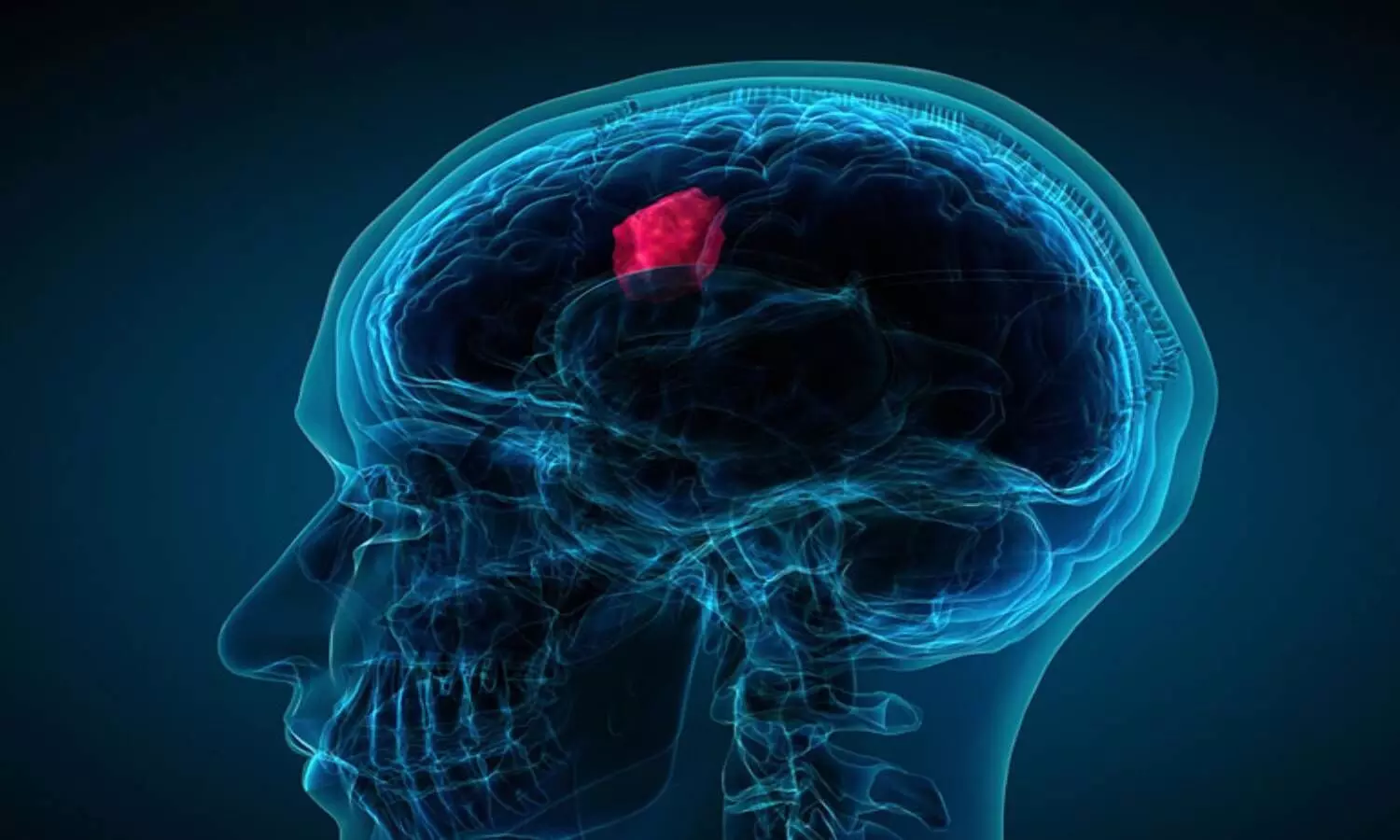World Brain Tumor Day: Understanding brain tumors
Every year, 8 June is observed as the World Brain Tumor Day. Here are the risks, symptoms, and diagnosis associated with brain tumors:
By Newsmeter Network
Hyderabad: Every year, 8 June is observed as the World Brain Tumor Day. Here are the risks, symptoms, and diagnosis associated with brain tumors:
1. What is the incidence of brain tumors?
The incidence of central nervous system (CNS) tumors in India ranges from 5 to 10% in every 1,00,000 population.
2. What are the risk factors for brain tumors?
The difference in lifestyle, dietary habits, and environmental exposure are among the many risk factors. The etiology of cancer is complex and has multifactorial risk factors. Doctors are still in the process of thoroughly evaluating and understanding brain tumor risk factors among people of different ethnicities.3. What are the complaints of brain tumor patients?
Brain tumor patients usually complain of persistent headache, vomiting, limb weakness, seizure, speech and memory disturbance, blurring of vision, and decreased hearing.
4. How are brain tumors diagnosed?
Diagnosis of brain tumors is commonly done with CT scan and MRI of the brain.
5. Are all brain tumors life-threatening in the short duration after the diagnosis?
It is a common belief that all brain tumors are life-threatening in the short duration after diagnosis. However, that is a wrong perception. When identified and treated early, the patients' chances of getting cured can significantly be improved.
6. What is the difference in treatment of benign and malignant brain tumors and their outcome?
Treatment of brain tumors primarily is maximum safe resection. A malignant brain tumor needs radiotherapy and chemotherapy after surgical excision of the tumor.
7. What if a brain tumor is located in an important part of the brain?
For tumors that are located in an important part of the brain, surgeries are carried out with the help of neuro-navigation (fig E), stereotaxy (fig D), robotic guidance, awake craniotomy (patient will remain awake and conscious during surgery), and cortical stimulation.
8. What if surgical removal of a tumor is not possible?
If complete removal is not possible, then a stereotactic guided biopsy is used to help in the establishment of diagnosis.
9. What is the survival duration of patients with brain tumors?
The outcome of survival depends on WHO Histopathology grade of tumors. Grade 1 and Grade 2 tumors have longer survival (approximately 7-10 years) compared to Grade 3 and Grade 4 (1-5 years).
10. What are the newer advances in brain tumor treatment?
The latest advances in neurosurgery are diagnostic imaging - functional MRI brain and MRI spectroscopy. The latest surgical techniques include microscope, endoscope, and neuro-robotic system. Radiotherapy equipment - SRS, gamma knife – and new chemotherapeutic, immunotherapy, and targeted agents have helped improve treatment outcomes over the past few years.
11. Brain tumors in the era of lockdown?
During the lockdown, it has been difficult for people to travel to hospitals for medical check-up. In addition, patients, even if they are diagnosed with brain tumors, avoid visiting hospitals for fear of getting infected with COVID-19. As a result, diagnosis and treatment are delayed. Unfortunately, half the brain tumors are aggressive tumors and can double its size in two weeks. This has resulted in a lot of patients reporting to the hospital for emergency. The size of tumors we operated on during lockdown has been larger than during the non-COVID period.
In addition to cancerous brain tumors, tumors of fungal origin have increased in the recent past. Black fungus usually spreads from the nose to the brain in at least 20 per cent of the patients. Hence, a repeat MRI of the brain once in 10 days is recommended to detect the tumor early.
Unlike fungal infections in the nose where medical management is effective, medicines are not effective in brain involvement. Surgical removal of brain fungus breaks the blood brain barrier and helps in the penetration of drugs to the brain.
The author, Dr Manas Kumar Panigrahi is a senior consultant (neurosurgery) at KIMS Hospitals, Secunderabad.